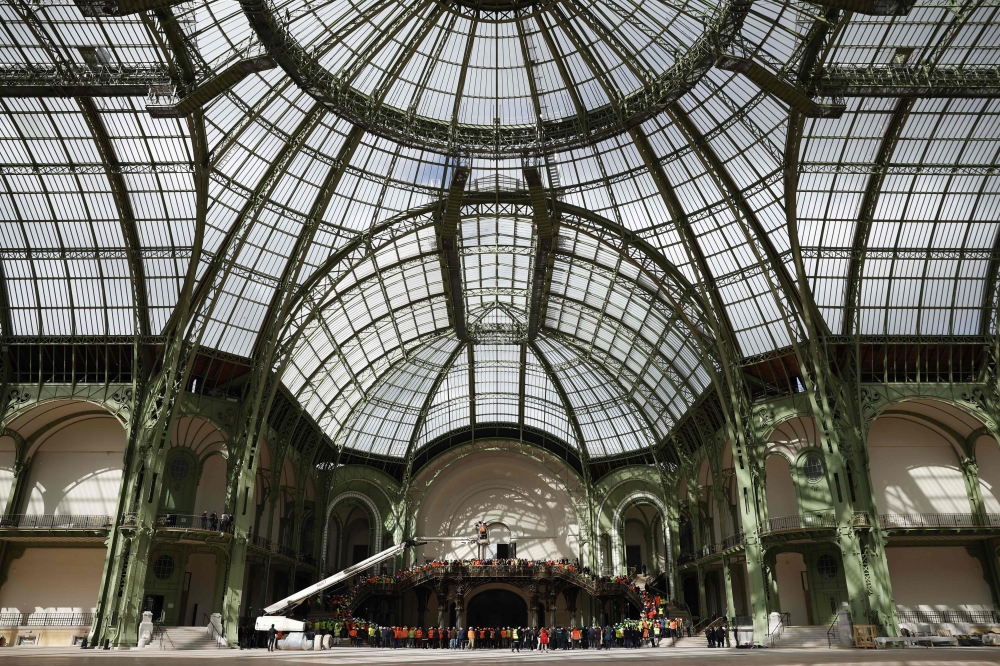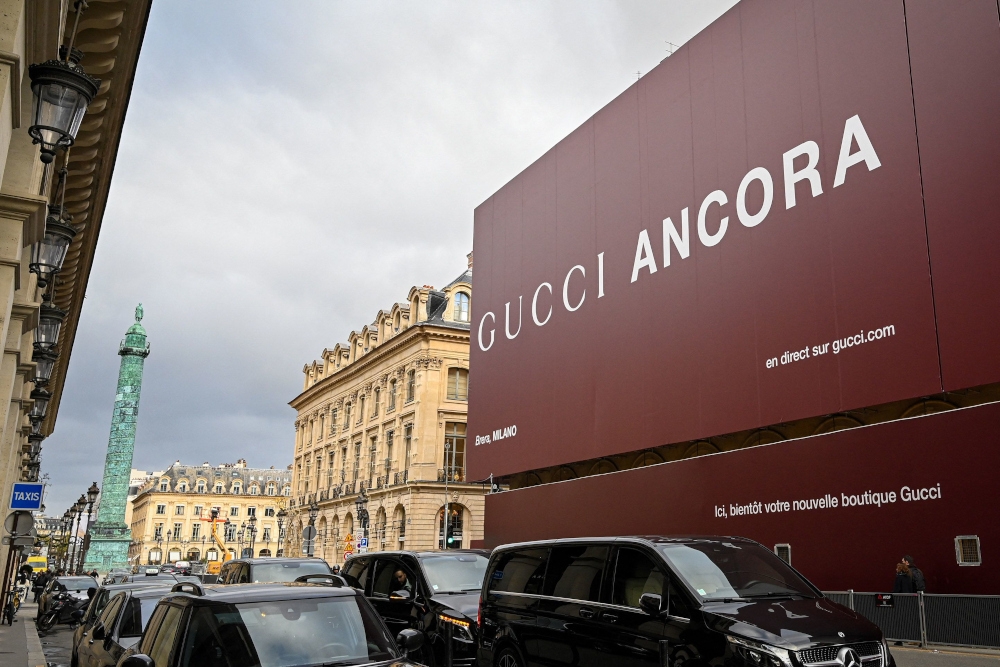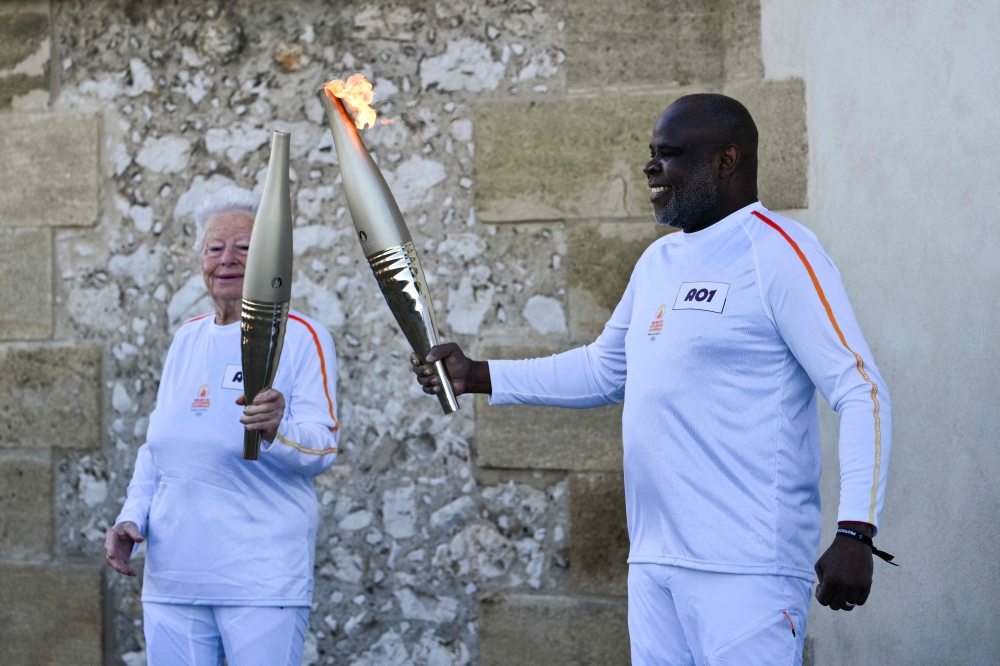PARIS, July 22 — The Paris Olympics have been designed to showcase the City of Light in all its splendour, with events taking place at iconic locations.
AFP looks at five sites set to wow ticket-holders—and a global TV audience of billions—during the 17-day extravaganza starting on July 26:
Eiffel Tower
The most famous of the Paris landmarks, the Eiffel Tower, will welcome beach volleyball.
The action will take place in a temporary venue near the foot of the “Iron Lady”.
Next door, the Champs de Mars park at the foot of the tower will host judo and wrestling.
Reviled by some Parisians when it was unveiled in 1889 for the World Fair by engineer Gustave Eiffel, the Eiffel Tower has become the capital’s symbol.
Besides being one of the world’s top tourist attractions, pulling in seven million visitors a year, it is also a working telecoms tower, used for radio and TV transmissions.
Winners at the Paris Games will all go home with a small part of the iron colossus. Each medal will contain an 18g crumb of original iron, removed during renovations, melted down and reforged.

Grand Palais
Fencing and taekwondo battles will take place in the opulent setting of the Grand Palais exhibition hall, a glass-and-steel masterpiece created for the World Fair of 1900.
Its distinctive feature is its glass domed roof, the largest of its kind in Europe, which covers a cavernous exhibition space of 13,500 square metres.
During World War I, the Grand Palais put its art collection in storage and converted its galleries into a military hospital where soldiers were patched up before returning to the trenches.
In the 21st century, the airy nave has hosted giant installations commissioned from some of the world’s leading artists.
It has also been flooded to make the biggest ice rink in the world.

Place de la Concorde
The vast, paved square at the foot of the Champs-Elysees avenue, where heads rolled (literally) during the French Revolution, will serve as an urban sports hub.
Skateboarding, 3x3 basketball, BMX freestyle and, in its first Games appearance, breakdancing, will all take place on the elegant square by the Seine.
Its harmonious name conceals a bloody past. King Louis XVI and his wife Marie-Antoinette were guillotined there in 1793 during the Reign of Terror that followed the 1789 French Revolution.
The largest square in Paris is defined by its huge gold obelisk, one of a pair originally erected by Ramses II outside the temple in Luxor in Egypt. It was gifted to Paris in 1830.
Palace of Versailles
Dressage, showjumping and equestrian cross country will take place in the park of Versailles Palace, some 20 kilometres from Paris. It also feature on the marathon circuit and host pentathlon events.
In the 17th century, “the Sun King” Louis XIV transformed Versailles into a home of French royalty, where he resided with around 10,000 staff.
The vast gardens include a mile-long canal that once hosted opulent parties.
It has been a world heritage site since 1979 and is a firm favourite on the Paris tourist trail.
Marseille

The Olympics are spreading beyond the capital.
Sailing contests will take place in the Mediterranean city of Marseille, France’s boisterous second city, better known as the home of Olympique Marseille football team.
Over 300 sailors from across the world will battle it out on the sapphire Mediterranean waters off the city. A marina has been built along the scenic Corniche coastal road heading southeast out of the city.
It’s unlikely they’ll have the sometimes ferocious mistral wind in their sails. It usually blows in winter and spring.
Marseille, which will also host 10 football matches, was where the Olympic torch landed in France on May 8 on its relay to Paris. — APF






















